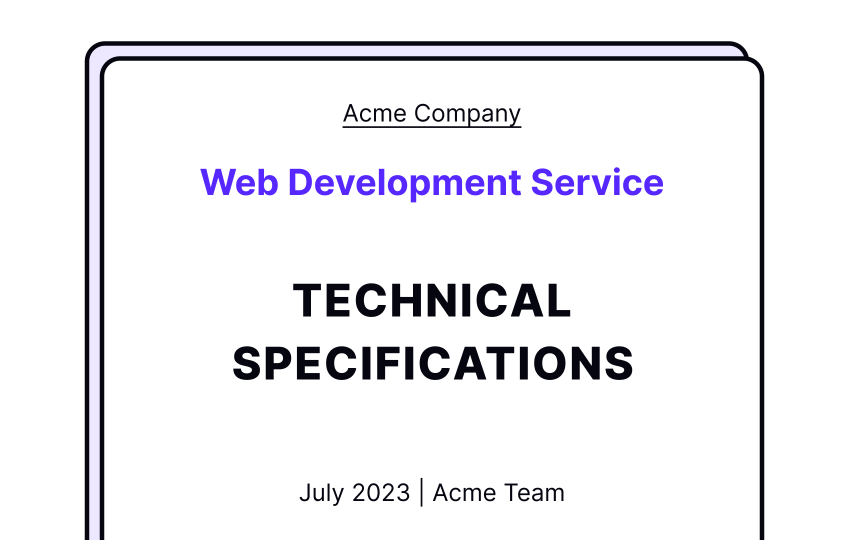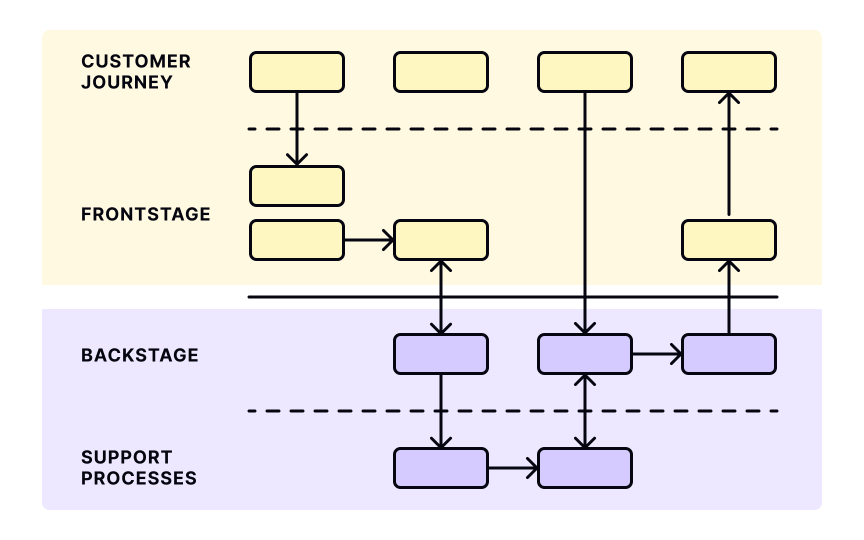Define deliverables
Deliverables are tangible outputs that capture the insights and solutions generated during the workshop. They serve as valuable artifacts that can be used to inform and guide the subsequent phases of the service design process. Examples of deliverables include:
- Journey maps: Visual representations of the user's experience illustrating their interactions, emotions, and pain points throughout their journey with the service.
- Service blueprints: Detailed diagrams that outline the various touchpoints, processes, and roles involved in delivering a service.
- Concept prototypes: Tangible or digital prototypes representing the proposed solutions or ideas generated during the workshop. These can range from low-fidelity sketches to interactive mockups, allowing stakeholders to visualize and engage with the concepts.
- Design principles: A set of guiding principles or guidelines that capture the desired qualities and characteristics of the service. These principles help maintain consistency and inform decision-making during the design and implementation phases.
- Action plans: Concrete plans that outline the next steps and actions the team is planning to take based on the workshop's outcomes. They provide a roadmap for implementation and ensure that the ideas and insights from the workshop are translated into practical steps.
- Documentation and reports: Detailed reports or documentation summarizing the workshop activities, findings, and recommendations. These documents serve as references for stakeholders, ensuring that the workshop outcomes are documented and can be shared with others.
Keep in mind that co-creation workshops often focus on ideation, brainstorming, and high-level concepts rather than technical details. However, it's worth noting that every co-creation workshop is different, and some may choose to focus on more technical aspects depending on the context and goals.




